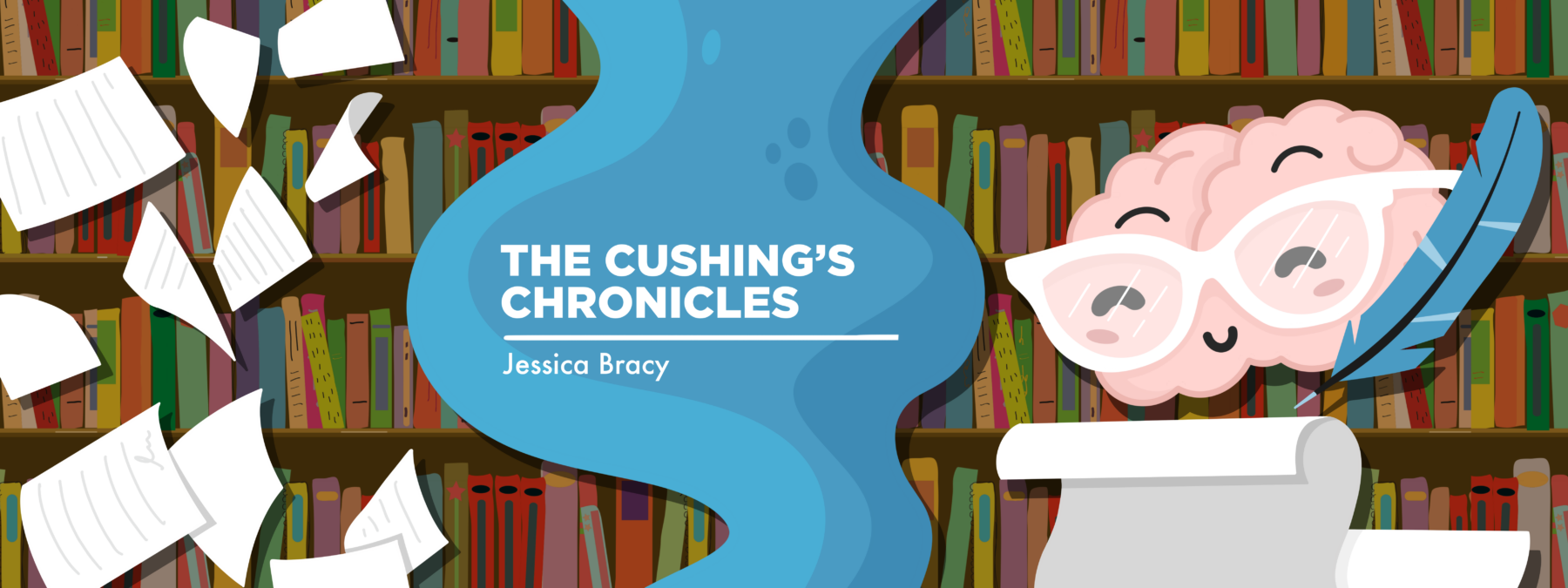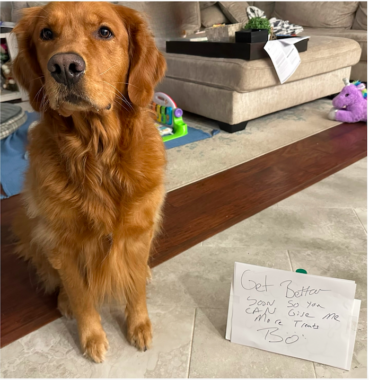How to support a loved one on their journey with Cushing’s disease
Columnist Jessica Bracy shares what helped her the most during her own journey
Written by |

To those who have a loved one with Cushing’s disease,
Welcome. I’m glad you’re here. So a friend or family member has told you that they have Cushing’s. You might be unsure about how to support them, what to say, or how to ask how they’re doing. These are all valid concerns.
In my experience, a Cushing’s journey can be long and hard, so your support will mean a great deal to your loved one right now. Support can come in many forms, but I’ve outlined below what I found most helpful.
The first thing I’d encourage you to do is research. Learn as much about the disease as you can. Many of my family and friends researched Cushing’s after I shared my diagnosis, which showed me that they were willing to go above and beyond to understand what I was dealing with. Just be cautious and discerning, as there’s a lot of misinformation out there.
Joining a Cushing’s support group can benefit both you and your loved one. It’s a way to receive support and meet others on a similar journey, but it can also show you how to better support the person in your life with Cushing’s. There are many groups on social media that include friends and family members.
Another way my friends and family showed support was with frequent check-ins. They’d ask me how I was doing, how testing was going, when my brain surgery would be, and so on. I also found it helpful when they asked what I needed right then and there. They approached my health with curiosity, kindness, and no judgment, which was exactly what I needed.
What I found most helpful was people showing up for me. They did so in a multitude of ways. My dad traveled all the way from Ohio to California with me for my brain surgery. Some friends brought over meals after my surgery, while others offered to come sit with me in the evenings while I was recovering. Loved ones sent messages asking how I was doing and requesting updates.
While I really appreciated all of the kindness and support I received, my favorite well wishes post-surgery came from my brother’s dogs, Bo and Gracie. Their photos nearly made me tear up in the hospital room. (I blame the drugs!)

Gracie shows support. (Courtesy of Jessica Bracy)

Bo shows support while asking for future treats! (Courtesy of Jessica Bracy)
However, there were also several forms of “support” I found unhelpful. One was people reaching out and trying to offer me “solutions” to my high cortisol levels, based on something they saw on TikTok. Another was negative comments about my symptoms, such as weight gain, striae, the “buffalo hump,” and hair loss. While you may be concerned about your loved one’s health, these types of comments and suggestions are often more hurtful than helpful.
While there are many ways to support your loved one with Cushing’s disease, I encourage you to show up for them while also honoring any boundaries they establish. I truly believe that your kindness and generosity will help them get through one of the hardest times of their life.
Best of luck!
Jessica
Note: Cushing’s Disease News is strictly a news and information website about the disease. It does not provide medical advice, diagnosis, or treatment. This content is not intended to be a substitute for professional medical advice, diagnosis, or treatment. Always seek the advice of your physician or other qualified health provider with any questions you may have regarding a medical condition. Never disregard professional medical advice or delay in seeking it because of something you have read on this website. The opinions expressed in this column are not those of Cushing’s Disease News or its parent company, Bionews, and are intended to spark discussion about issues pertaining to Cushing’s.







joseph
Can Cushing's be present as early as 20 y/o ? Can a small micro adenoma create this ? My significant other has had these horrible mood swings from months of depression to weeks and weeks of anger, always threatening you. Nobody wants to be around her,,,YET she wants vacations, when her moods vary from day to day. 40 years later, I have been through the wringer ! I hate you, Don't leave me type of person.